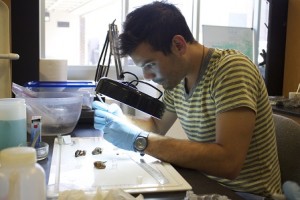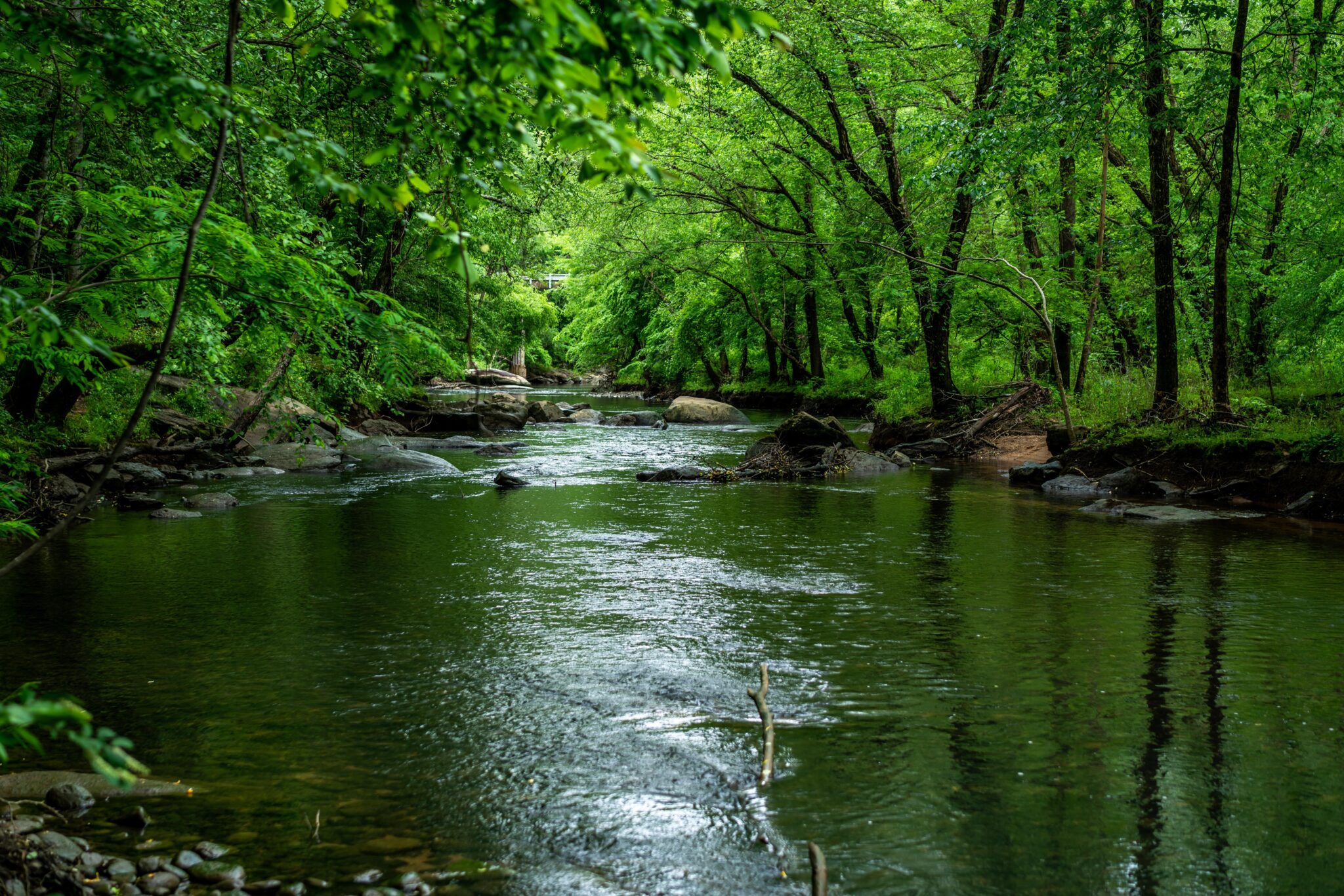NC Sea Grant Seeks Applications for 2016 National Fisheries Fellowship
FOR IMMEDIATE RELEASE
Contact:
John Fear, 919-515-9104, jmfear@ncsu.edu
Posted Thursday, December 10, 2015
Original Federal Funding Opportunity Numbers:
Population and Ecosystem Dynamics Fellowship NOAA-OAR-SG-2016-2004722
Marine Resource Economics Fellowship NOAA-OAR-SG-2016-2004720
North Carolina Sea Grant is accepting applications from North Carolina graduate students for the 2016 National Sea Grant College Program/National Oceanic and Atmospheric Administration Fisheries fellowship. This opportunity is open to U.S. citizens who are doctoral students in academic institutions in the United States and its territories.
Applications are due to North Carolina Sea Grant by 5 p.m., Jan. 29, 2016.
This program provides real-world experience and fosters the careers of graduate students interested in population and ecosystem dynamics, or in marine resource economics. Each fellow will be assigned a mentor from NOAA Fisheries who will serve on the fellow’s committee, and provide access to research data sources and to NOAA Fisheries working/laboratory space.
Two categories of this joint fellowship are available, each offering up to $46,000 in annual stipends. Cost sharing by the institution of higher education is required. Funding begins Aug. 1, 2016, contingent on availability of funds and satisfactory performance by the fellow.
Prospective population and ecosystem dynamics fellows must be admitted to a doctoral program in population dynamics or a related field — such as applied mathematics, statistics or quantitative ecology — at the time of application. Funding is for up to three years.
Applicants for the marine resource economics fellowship must be admitted to a doctoral program in natural resource economics or a related field at the time of application. Funding is for up to two years.

Ian Kroll from the University of North Carolina at Chapel Hill’s Institute of Marine Sciences will complete his population dynamics fellowship in 2016. He wrote about his study of how North Carolina habitats might affect black sea bass growth and maturity in the Holiday 2015 issue of Coastwatch.
At least two new fisheries fellows will be selected nationwide in each category. The successful fellows will work on problems relevant to NOAA Fisheries. They will participate in summer internships at corresponding NOAA Fisheries science centers or laboratories. Population and ecosystem dynamics fellows will be expected to spend 10 to 20 days at sea per year.
North Carolina Sea Grant will nominate candidates enrolled in a North Carolina academic institution. For the RFPs, go to grants.gov and search the database using the fellowship’s award number, listed at the top of this news release. Sea Grant forms can be downloaded here.
Email each application component as a separate file attachment to Debra Lynch at debra@ncsu.edu.
For more information, read the FAQs or contact John Fear, Sea Grant deputy director, at 919-515-9104 or jmfear@ncsu.edu. More details about the fellowship also are available here.
##
North Carolina Sea Grant: Your link to research and resources for a healthier coast
- Categories:


